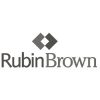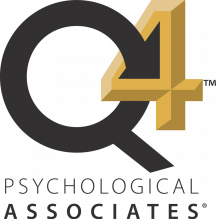It’s clear that American corporations have embraced the use of selection assessment and the principles of “big data” in managing the hiring process.
For example, the Wall Street Journal ran a story on the rise of personality tests as part of standard hiring and vetting procedures. (Article author Lauren Weber summarizes her findings in a WSJ interview — see the video below.)
And this past summer, Time magazine did a long piece on Big Data in hiring and the role that assessments play.
The message seems to be clear: Assessment for hiring is getting more sophisticated, more integrated, and more widespread. And it is unlikely to go away any time soon.
Both articles highlight some important challenges for assessment tests, however. Though the advent of “Big Data” has made assessments more nuanced and more acceptable to management, both companies and individuals are far from putting their blind faith in assessment tests. When discussing psychological assessments, resistance manifests in conversations as:
- “I don’t see what this question/this test has to do with being good at X.”
- “I have skills/abilities/qualities that can’t be captured with a test.”
- “I don’t know why I didn’t test well; doesn’t my résumé speak for itself?”
- “We want people making the decision; we don’t want to hide behind a black box when someone wants to know why they weren’t hired or promoted.”
- “It’s too easy to game these tests.”
- “Doesn’t the research show that psychological assessment tests for hiring don’t work?”
These concerns point to the need for:
- High-quality tests (i.e., backed by independent research)
- In-depth analysis to understand the data generated by the tests
- Personal involvement and responsibility in the hiring process.
In other words, it’s not testing in general that raises these concerns. It’s those tests that are too short and too crude, or that are simply misunderstood or misused, that should raise concern. Testing has come a long way in the past decade or so. Paired with in-depth interpretation by an expert, assessments can be a powerful tool for hiring, promotion, and development.
We invite you to read more Dr. Hal Guterman blog posts.












